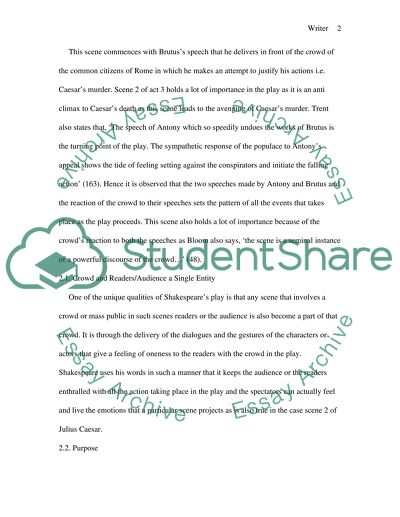Cite this document
(“Julius Caesar play Essay Example | Topics and Well Written Essays - 1750 words”, n.d.)
Retrieved from https://studentshare.org/performing-arts/1405295-julius-caesar-play
Retrieved from https://studentshare.org/performing-arts/1405295-julius-caesar-play
(Julius Caesar Play Essay Example | Topics and Well Written Essays - 1750 Words)
https://studentshare.org/performing-arts/1405295-julius-caesar-play.
https://studentshare.org/performing-arts/1405295-julius-caesar-play.
“Julius Caesar Play Essay Example | Topics and Well Written Essays - 1750 Words”, n.d. https://studentshare.org/performing-arts/1405295-julius-caesar-play.


